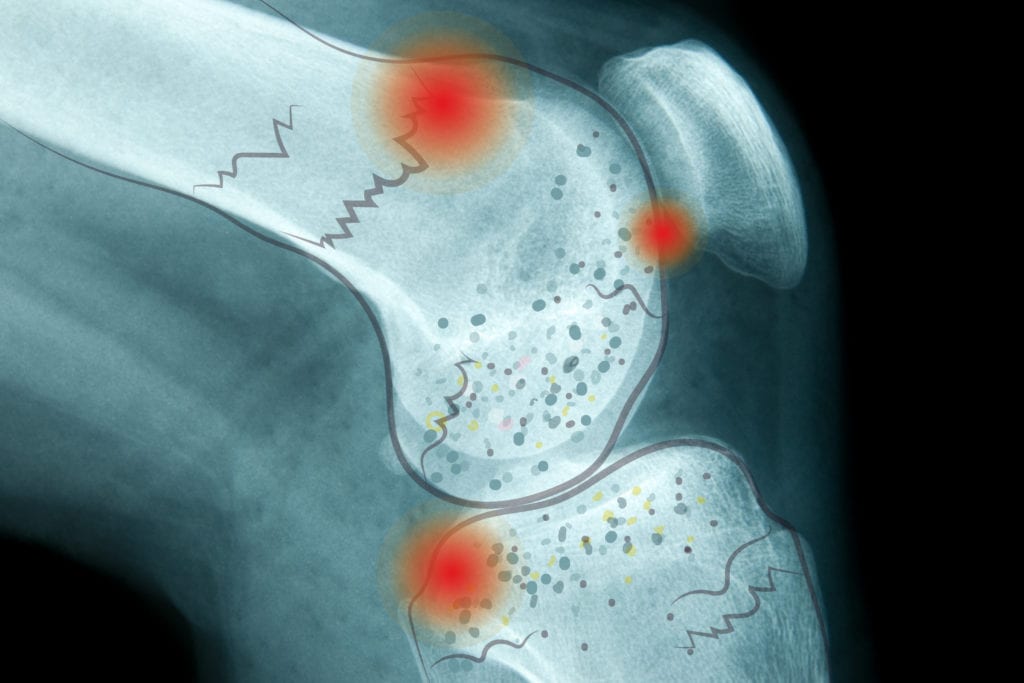Maintaining optimal bone density is crucial for skeletal health and overall well-being. Several factors influence bone health, including genetics, lifestyle choices, and hormonal balance.
One area of concern in this regard is using anabolic steroids, such as Genex Steroids, and their potential impact on bone density.
We will delve into the relationship between Genex Steroids and bone density, highlighting the potential benefits and risks involved.
Understanding Genex Steroids
Genex Steroids, commonly referred to as steroids for bodybuilding, are manufactured compounds that replicate the effects of testosterone, a hormone that the body naturally produces.
These steroids are often used for medical purposes to treat conditions such as delayed puberty, muscle-wasting diseases, and hormonal imbalances.
However, they are also commonly misused for athletic performance enhancement and muscle building.
The Impact on Bone Density
The use of Genex Steroids can have an impact on bone density, both positive and negative. Testosterone and its synthetic counterparts, such as anabolic steroids, can initially enhance bone mineral density (BMD) by promoting osteoblast activity and bone formation, leading to more robust and denser bones.
The possible negative consequences of extended and excessive usage of these steroids, particularly at supraphysiological levels, must be considered. Abuse of steroids, especially when used long-term, can be detrimental to skeletal health. Chronic steroid use has been linked to increased bone resorption, which is the process of destroying bone tissue and decreased bone growth, according to studies. Over time, bone density may start to deteriorate due to these consequences.
The risk of fractures also increases with long-term steroid abuse. This risk is particularly significant when steroid use occurs during adolescence, as it can interfere with the natural bone growth process during this crucial period. Adolescent steroid abuse can disrupt normal bone development and compromise bone health later in life.
Therefore, while anabolic steroids may initially enhance bone density, it is essential to use them responsibly and under medical supervision. Prolonged and excessive use, especially at high doses, can negatively affect bone health, including decreased bone formation, increased bone resorption, and an elevated risk of fractures.
The Link Between Steroids and Bone Density
The amount of minerals in bones, which influences their strength and resilience, is called bone density. Steroids, notably Genex steroids, can upset the body’s delicately balanced processes for remodeling bone. These drugs affect bone density in a variety of ways, including:
Inhibition of Bone Formation
Steroids can suppress the activity of osteoblasts, the cells responsible for bone formation. This leads to reduced bone growth and mineralization, ultimately affecting bone density.
Increased Bone Resorption
Steroids can stimulate the activity of osteoclasts, the cells responsible for bone resorption. This process accelerates the breakdown of bone tissue, resulting in decreased bone density over time.
Hormonal Imbalances
Genex steroids can disrupt the average hormonal balance in the body, including regulating sex hormones such as estrogen and testosterone. These imbalances can further contribute to bone loss and decreased bone density.
Consequences of Decreased Bone Density
Reduced bone density can severely affect skeletal health, including an increased risk of fractures, osteoporosis, and other bone-related disorders. Individuals using Genex steroids may experience a decline in bone density, which can compromise their long-term skeletal health and overall well-being.
Minimizing the Impact on Bone Density
If the use of Genex steroids is necessary for medical reasons, it is crucial to adopt strategies that minimize the impact on bone density. Here are a few considerations:
Monitoring and Management: Regular monitoring of bone density through specialized tests, such as dual-energy X-ray absorptiometry (DXA), can help identify early signs of bone loss. If detected, appropriate interventions can be implemented to manage bone health effectively.
Combining weight-bearing workouts with a balanced diet high in calcium, vitamin D, and other necessary minerals will help maintain healthy bone density. To create a customized strategy, speak with a medical expert.
Medication Adjustments: If possible, healthcare providers may explore alternative medications or adjust the dosage of Genex steroids to minimize their impact on bone density. This should be done under medical supervision to ensure the continued efficacy of the treatment.
Other Factors at Play
While Genex Steroids can influence bone density, it’s essential to recognize that they are just one piece of the puzzle.
The maintenance of bone health is also greatly influenced by other variables, including lifestyle decisions and hormone balance in general.
For example, a sedentary lifestyle, inadequate calcium, and vitamin D intake, smoking, excessive alcohol consumption, and hormonal imbalances can all contribute to decreased bone density.
Conclusion
Maintaining optimal bone density is vital for skeletal health and overall well-being. While Genex Steroids can have a positive impact on bone mineral density, their misuse can lead to serious long-term health consequences, including adverse effects on skeletal health.
It is crucial to prioritize natural and healthy methods of maintaining bone density, such as a balanced diet, regular exercise, and proper supplementation when necessary.
If you have concerns about bone health, it is always best to consult with a healthcare professional who can provide personalized guidance and support.










